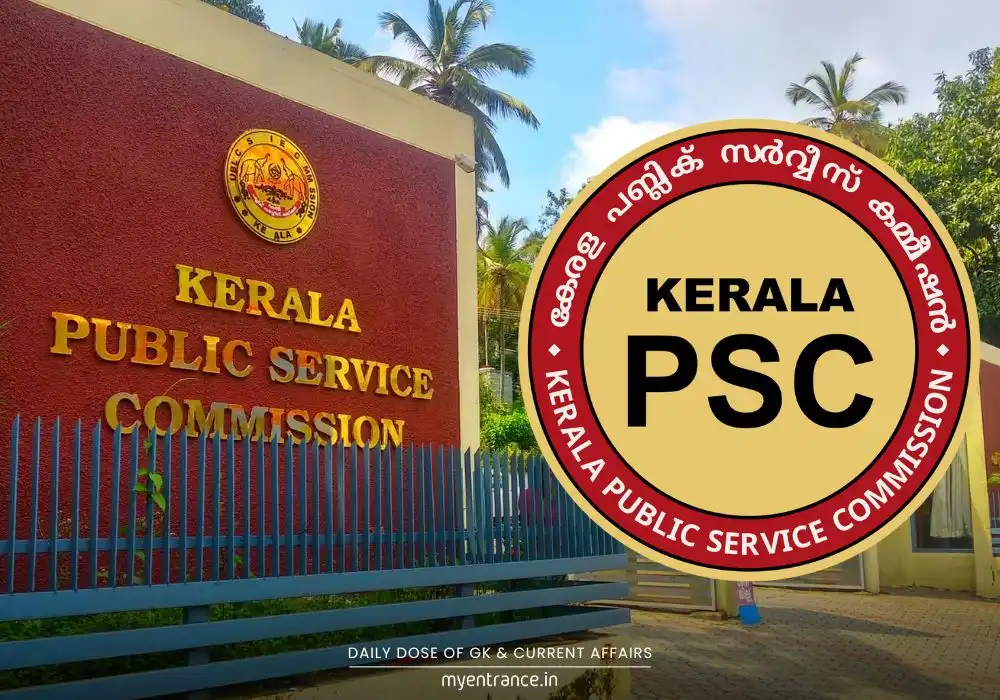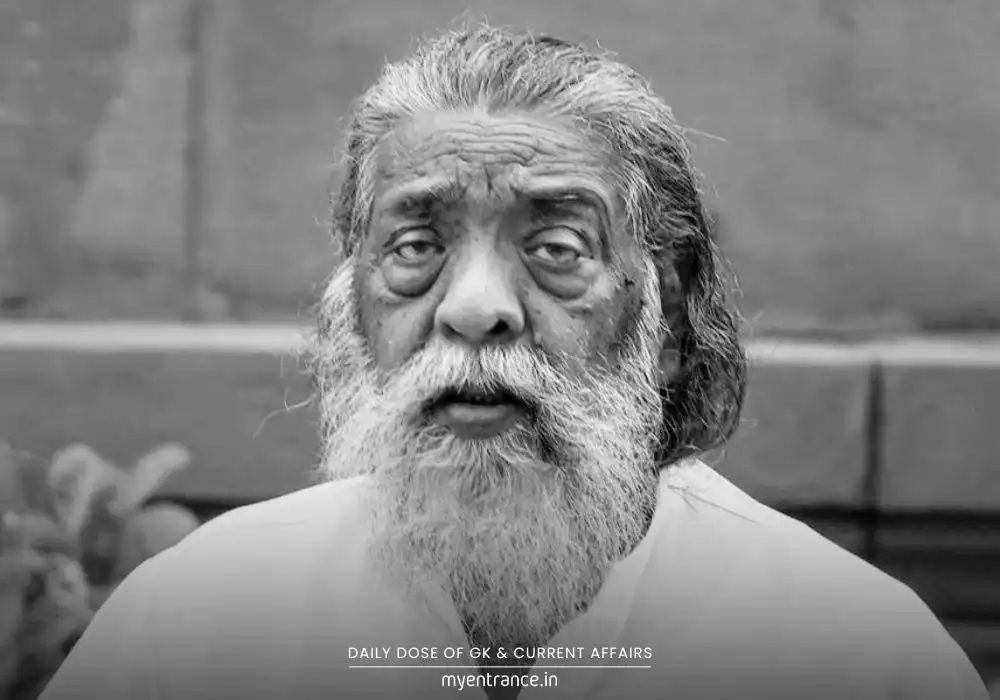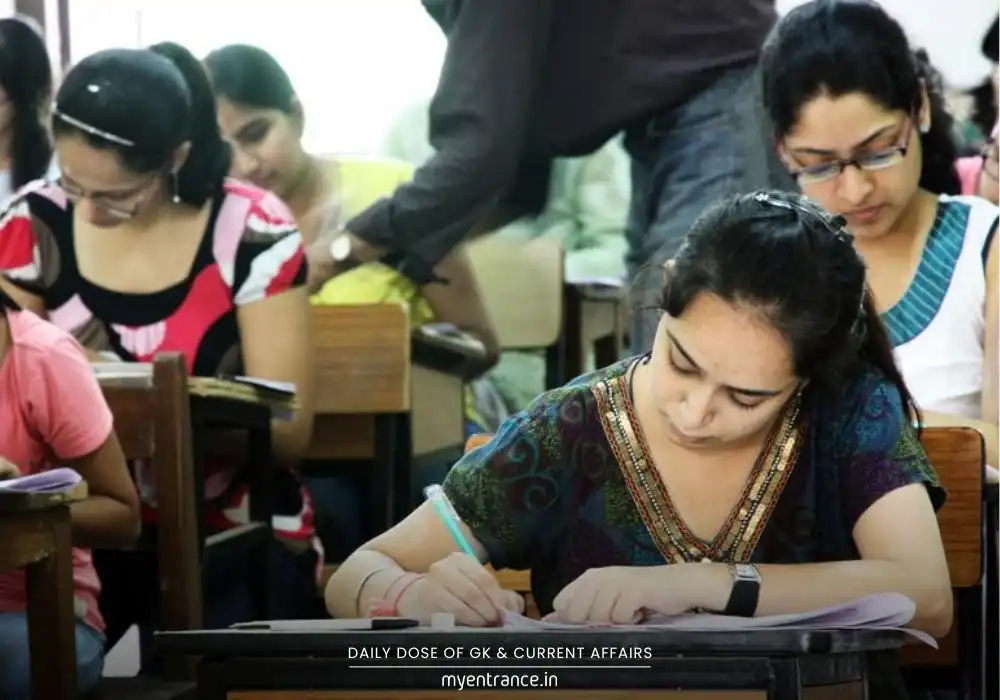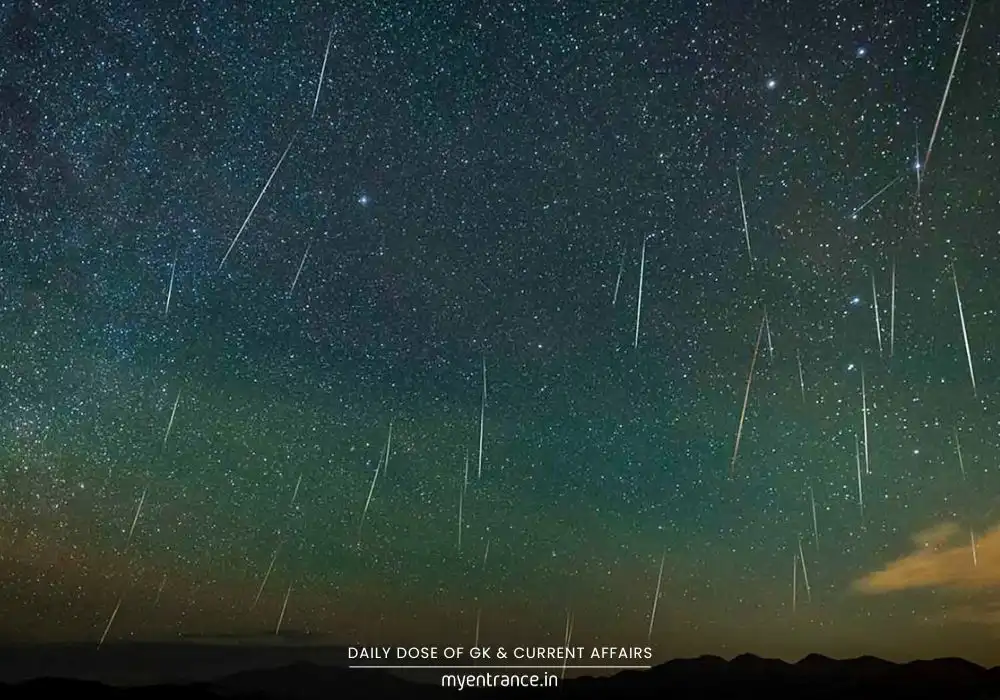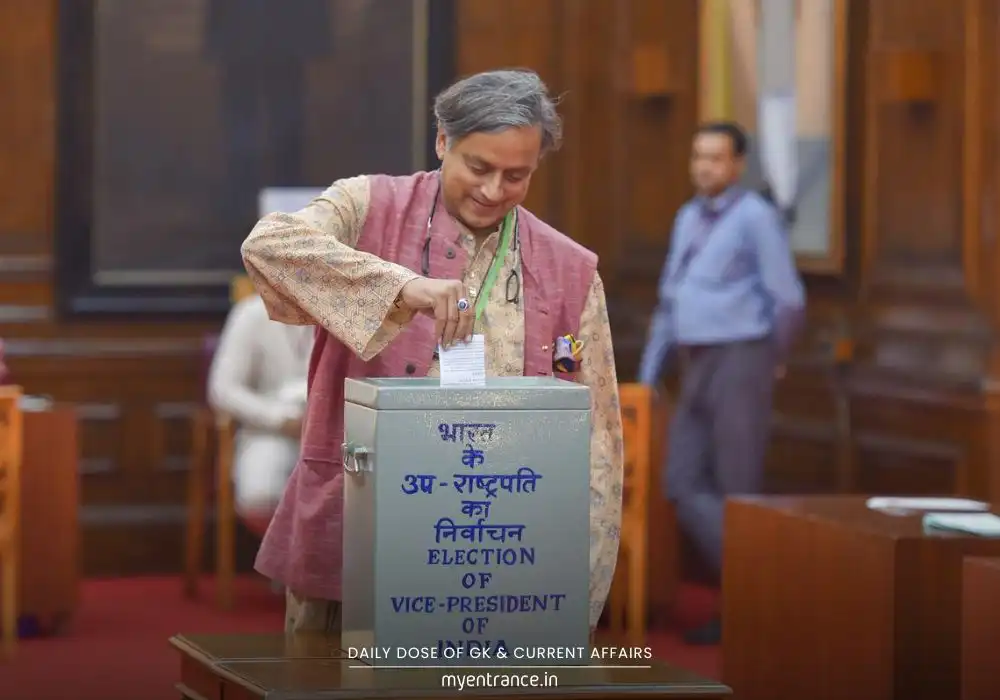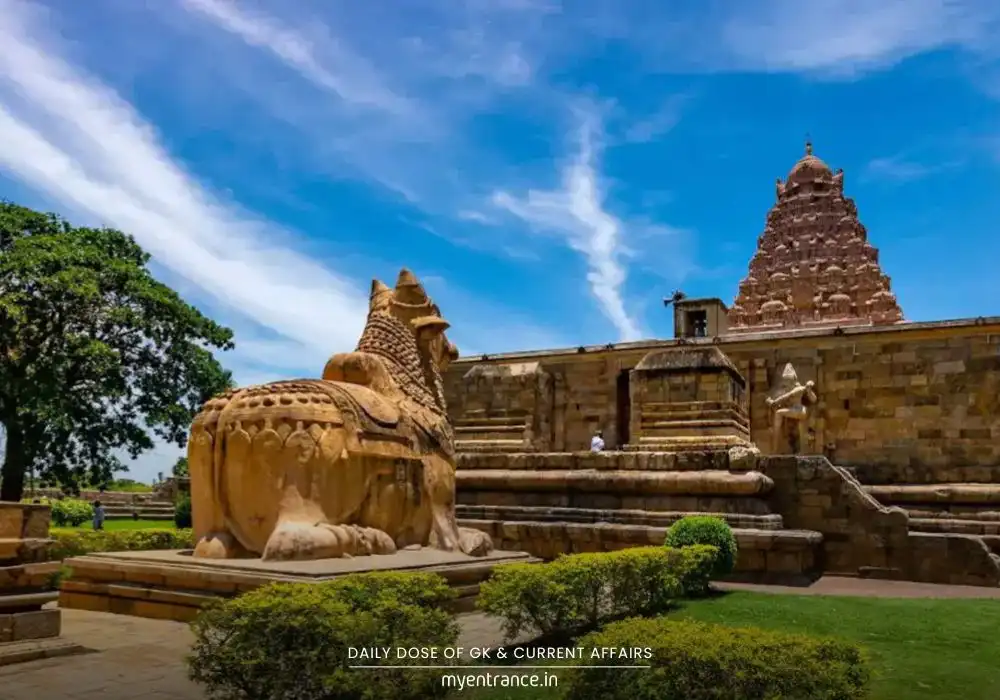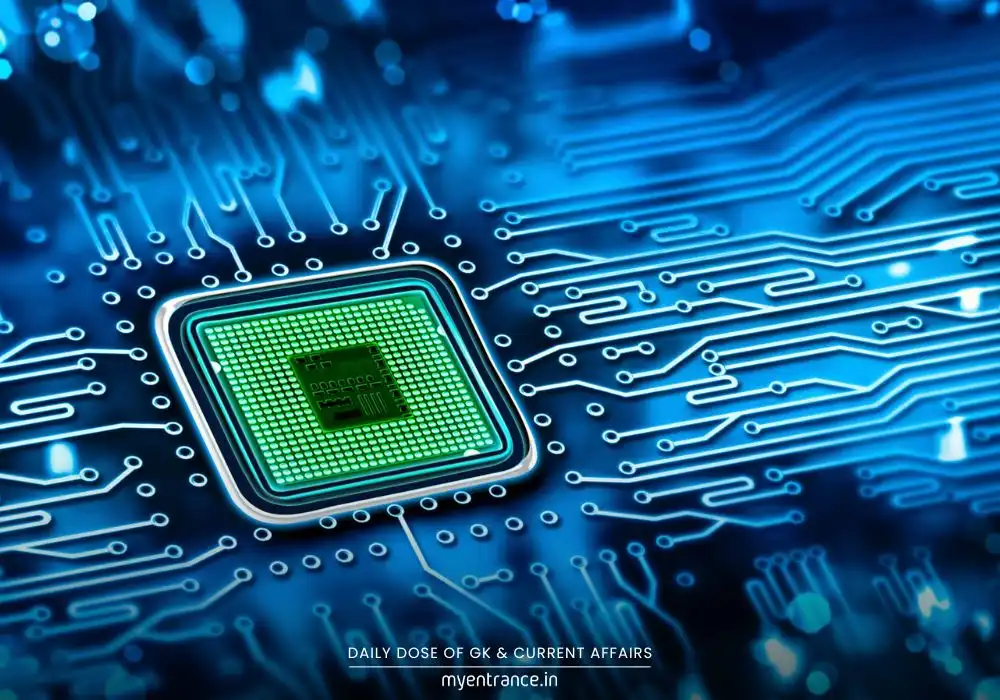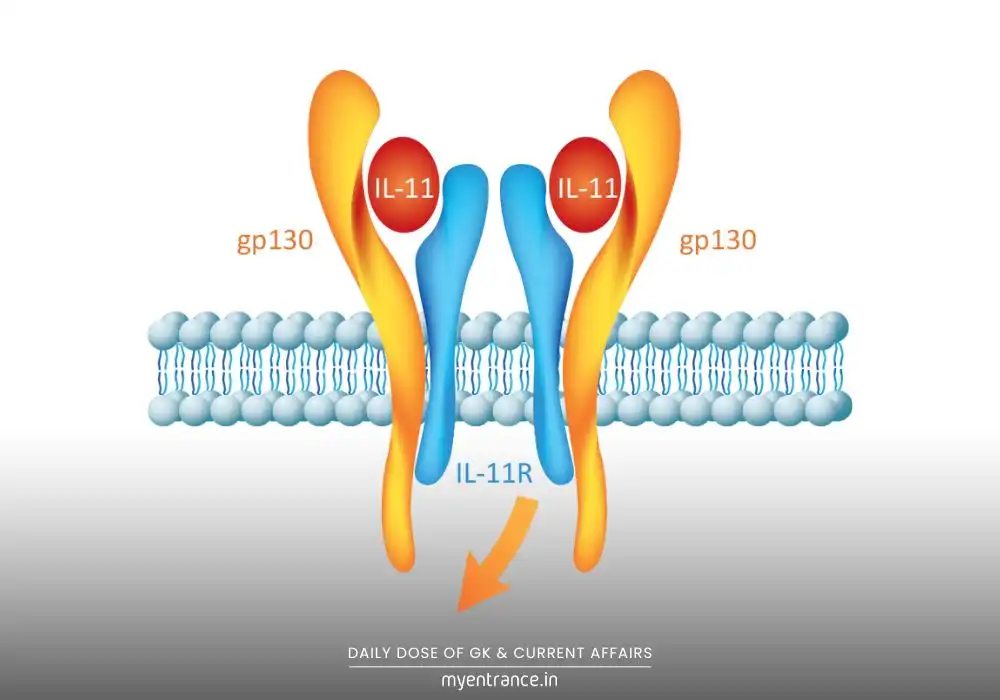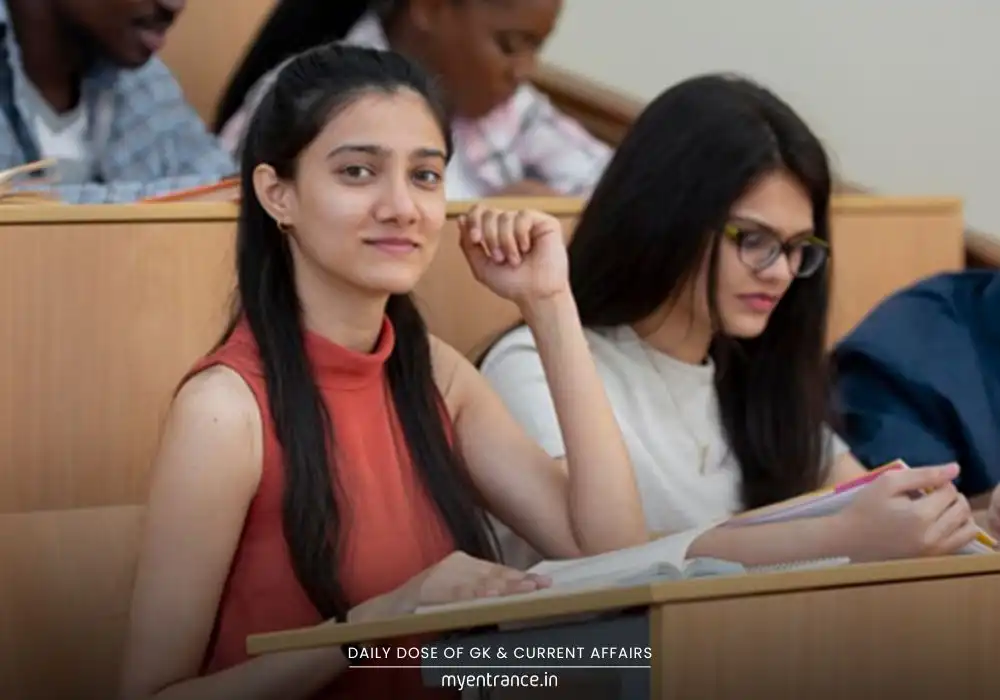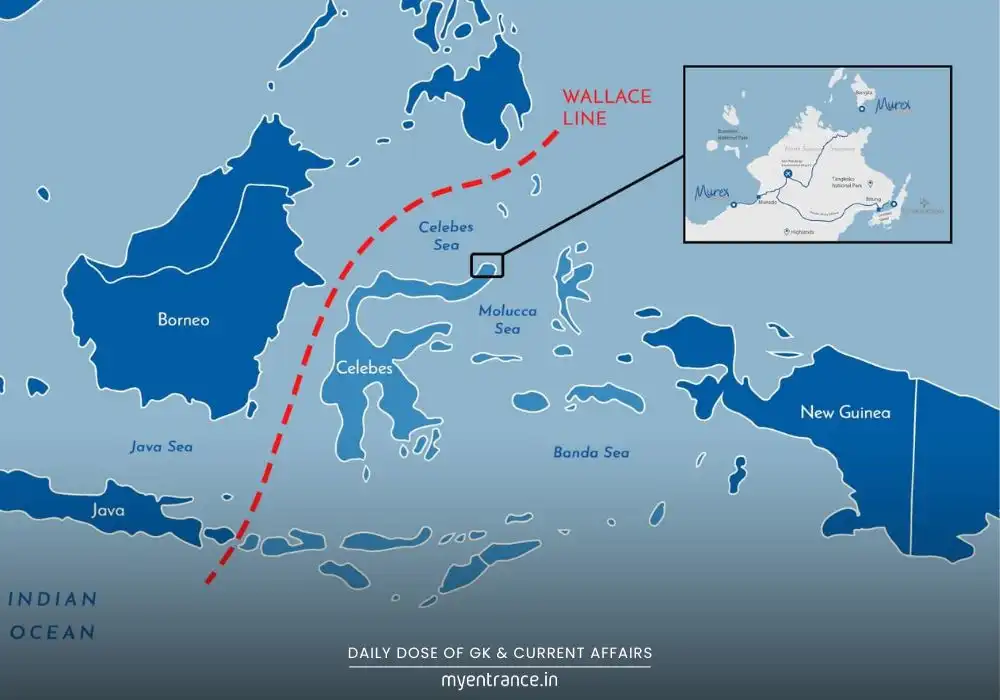Translate Language
Oxygen Leak to Oxidiser Crack: ISRO’s Critical Role in Saving Axiom-4’s Landmark Mission
Weeks before Axiom-4 soared to the ISS, a seemingly minor oxygen leak almost slipped through NASA’s safety net. But ISRO’s team refused to compromise, uncovering a life-threatening crack in the rocket’s oxidiser line. This decisive intervention didn’t just save the mission—it became a masterclass for India’s own space station dreams.
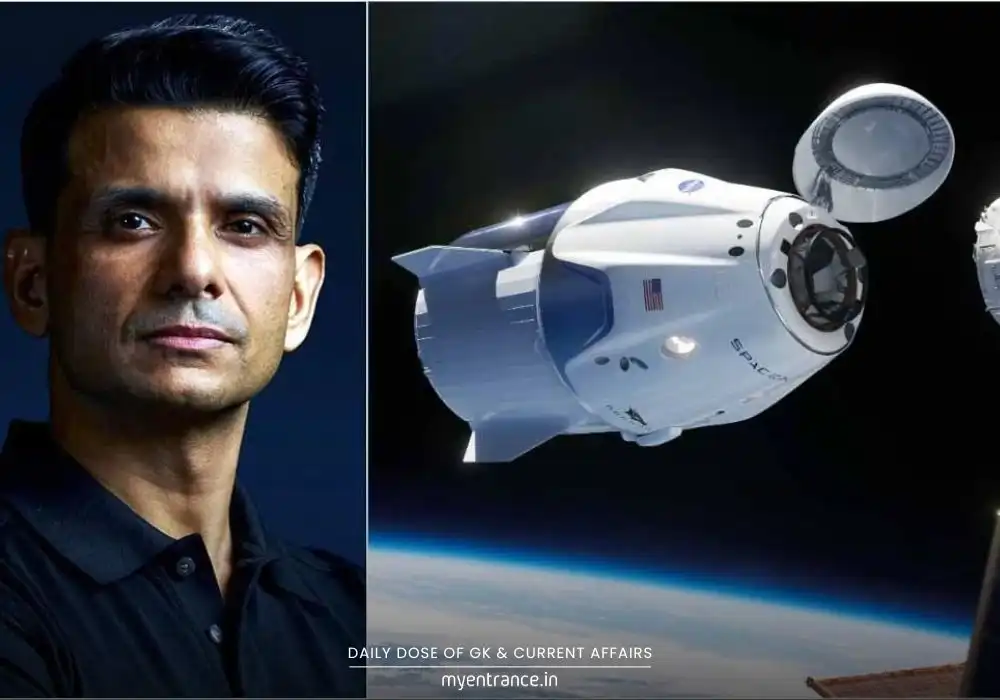
The Axiom-4 Mission: A Lesson in Rigor and Resilience
As future leaders preparing for competitive exams like UPSC or SSC, you know that overlooking “minor” details can have catastrophic consequences. The Axiom-4 mission exemplifies this perfectly. Just weeks before its historic June 25 launch—already delayed from May 29 due to an electrical fault—engineers detected a small oxygen leak during ground tests. While others dismissed it as insignificant, ISRO’s 18-member team, led by Dr. S. Somanath and Human Space Flight Centre Director Dr. Umamaheshwaran, demanded deeper scrutiny.
Their insistence revealed a critical crack in the oxidiser line, the lifeline pumping liquid oxygen to the rocket’s engines. Imagine a fuel pipe fracture in a crewed spacecraft—it’s not a “glitch”; it’s a potential death sentence. As faculty guiding India’s next-gen civil servants and engineers, I stress this: True expertise lies in questioning assumptions. The Indian team’s rigor transformed a near-disaster into a textbook case of risk management.
But the challenges didn’t end there. After repairs, a leak in the ISS’s Russian-built Zvezda module caused further delays. Through it all, ISRO scientists embedded at NASA’s Kennedy Space Center and Houston Mission Control gained priceless insights:
Real-time contingency response during live crewed missions
Astronaut health monitoring protocols
Telemetry data interpretation under pressure
Commander Peggy Whitson (a record-holding astronaut) became an inadvertent mentor, showcasing operational excellence—a learning goldmine for India’s 2035 space station goals. Group Captain Shukla’s microgravity experience and meticulous mission documentation will now shape training for India’s future astronauts.
Key Takeaways for Aspirants:
Never trivialize anomalies: What seems “minor” can mask systemic failures.
Collaboration is non-negotiable: ISRO-NASA-Roscosmos coordination saved lives.
Document rigorously: Shukla’s notes will educate India’s astronaut corps—just as your exam notes build collective knowledge.
As India targets a 2040 Moon mission, Axiom-4 proves that vigilance and global partnerships are our greatest launchpads. For aspirants, remember: whether cracking entrance exams or rocket science, the mindset remains the same—meticulous preparation saves missions.
Get 3 Months Free Access for SSC, PSC, NIFT & NID
Boost your exam prep!
Use offer code WELCOME28 to get 3 months free subscription. Start preparing today!


